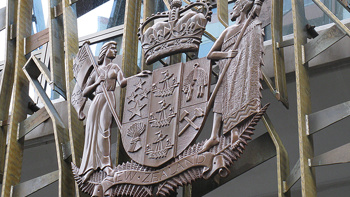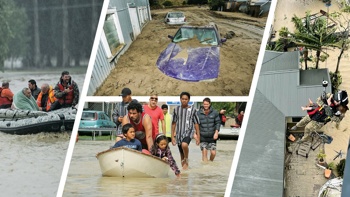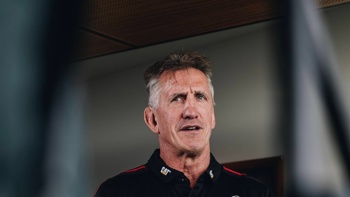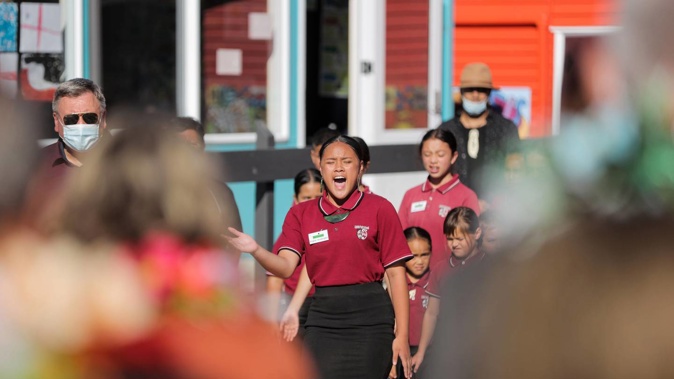
Getting New Zealand history taught in schools will be one of Prime Minister Jacinda Ardern's proudest accomplishments, she told school children today.
From 2023 it will be compulsory to teach Aotearoa New Zealand's histories in the classroom up to Year 10, while the subject will be optional in Years 11–13.
The final curriculum content was launched today, so schools can start planning to teach it from 2023.
Schools will be expected to use their own local histories to inform national themes.
Speaking at Auckland's Sylvia Park School at the curriculum launch, Ardern told students no country had a perfect history, but at least New Zealanders were willing to learn "from every part of our stories".
When she was 14, a teacher at Morrinsville College had decided to teach their class New Zealand history instead of the history of the Tudors.
"I was lucky, but I don't want whether our children learn our history to come down to luck."
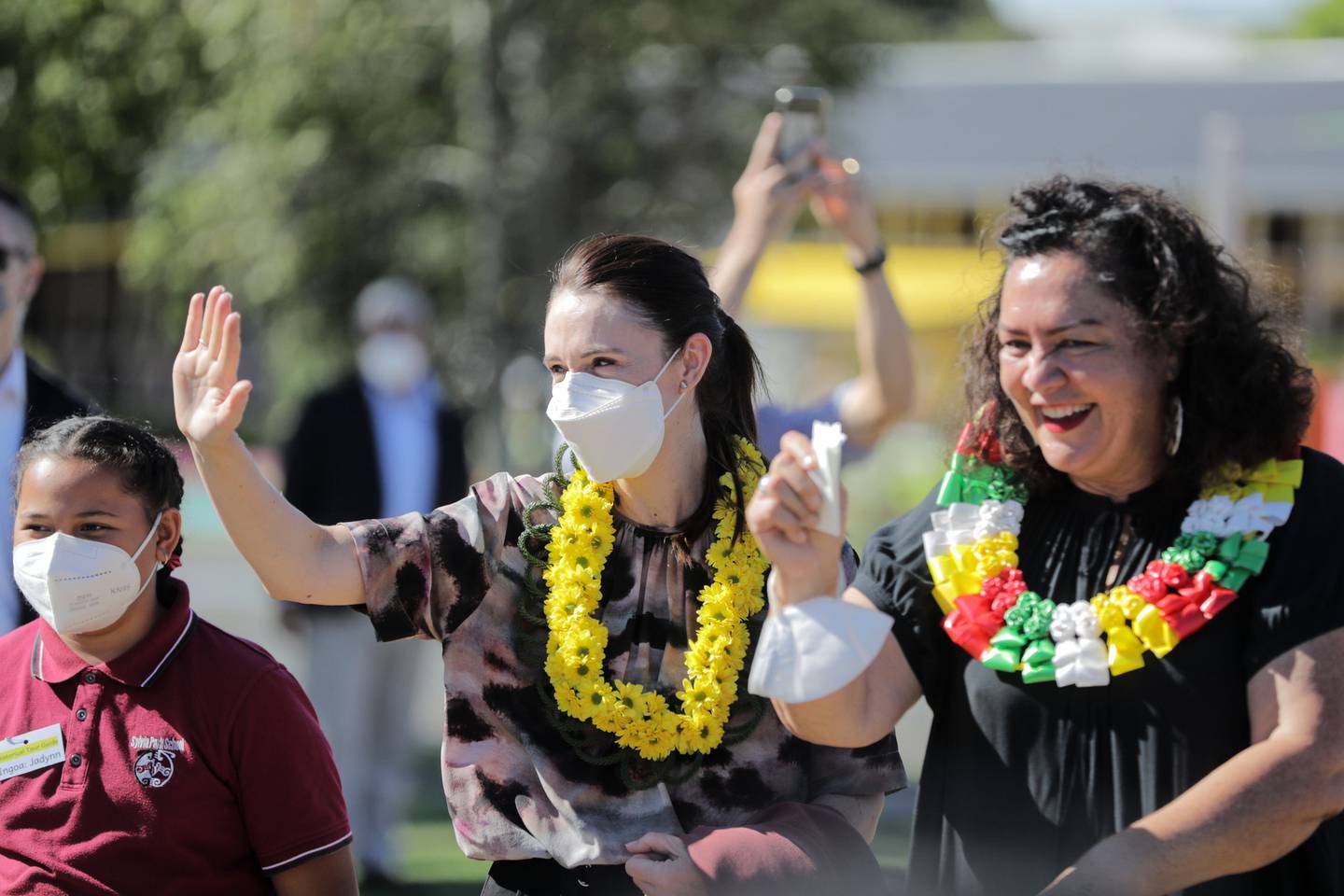
Prime Minister Jacinda Ardern is welcomed at Sylvia Park School for the launch of Aotearoa New Zealand's histories curriculum, with principal Barbara Ala'alatoa (right). Photo / Michael Craig
The draft curriculum has been controversial, with criticisms that it left out many important aspects of New Zealand history – from migrant groups who were not Māori or European, to women's history and experiences.
More than 4000 people made submissions on the curriculum. That feedback was listened to and changes made as a result, Associate Education Minister Jan Tinetti told the Herald.
It was a "big ask" to get through all the feedback but the Ministry of Education had done an amazing job bringing it together, she said.
The curriculum was to be taught from 2022 but that was delayed by Covid. Teachers had asked for extra time to implement the changes but had also said it was important to start teaching the curriculum quickly, she said.
The extra time would mean resources would be in place to help schools to teach the curriculum to be taught - including support through libraries, museums and the National Archives.
Asked if iwi and hapu could be overwhelmed by an influx of requests from schools keen to learn about local history, Tinetti said her local iwi Tauranga Moana were already "well down the track".
"They said they've been waiting 150 years for this opportunity and they can't wait to see this coming through. They're ready and willing to go."

Students welcome Prime Minister Jacinda Ardern and fellow MPs to Sylvia Park School. Photo / Michael Craig
The new history curriculum: What's changed
Among the 4000 public submissions, an independent Royal Society panel raised numerous concerns about the draft curriculum's content, including that it skipped over 600 years of Māori history – jumping straight from Māori arriving in New Zealand to colonisation by European settlers.
It also warned there was "little sense that Aotearoa New Zealand's Histories have been played out in connection with, and as part of, a wider world" – which the panel called "a serious omission".
And the panel warned teachers may be anxious about how to manage difficult classroom discussions about racism and conflict, some of which still carried hurt.
The curriculum was also criticised for having little mention of groups such as Asian migrants, and not enough discussion of women's history and experiences.
The draft focused on three big ideas:
- Māori history is the foundational and continuous history of Aotearoa New Zealand;
- Colonisation and its consequences are central to the country's history and continued to influence all aspects of our society; and
- The course of the country's history has been shaped by the exercise and effects of power.
In the final edition, a fourth "big idea" has been added:
- Relationships and connections between people and across boundaries have shaped the course of Aotearoa New Zealand.
The document elaborates on this idea, saying voyaging, trade, aid and conflict have led to the adoption of new ideas and technologies, political institutions and social movements.
Other additions include a requirement for students to know about the history of economic activity in New Zealand, and to learn about "the diverse histories and experiences of the people of Aotearoa".
Students will also be expected to learn about the histories of a wide range of cultures – from Pacific, Chinese, Indian and other Asian communities to the deaf community and the history of disabled communities in New Zealand.
The idea that colonisation "continues to influence all aspects of our society" has also been removed.
The full curriculum document is available here.
Take your Radio, Podcasts and Music with you






